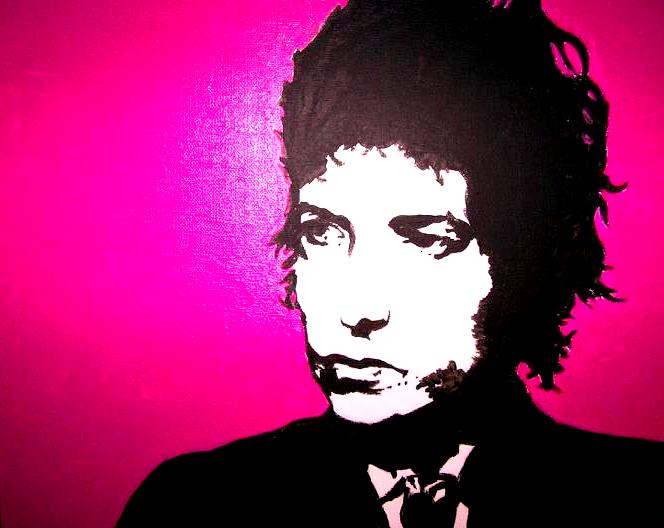
“Yesterday I was clever, so I wanted to change the world. Today I am wise, so I am changing myself.” ~ Rumi
~
We are awash in change—it is everywhere we look.
The rate of change we have experienced over the last hundred years is unprecedented. For thousands and thousands of years, humans have moved no faster than a man could walk. Then for thousands more, it was no faster than a horse. Then in a few short decades, we developed trains, cars, planes, and rocket ships. Now, communication occurs at the speed of light.
What is important for us is how fast we adapt to the changes around us.
Those who are deeply rooted in traditions are quite likely to be resistant to change. The traditionalists are pessimists about the future and optimists about the past.
The temptation to use tradition as a cover for prejudice and conformity, accompanied by a refusal to change or stretch, manifests itself as “we will do it this way because we always have.” Many will refuse to accept that new and creative approaches to finding a solution to problems are possible. Pushed into adopting new ways, they might join hands to ensure that things don’t work.
The fear of redundancy will be very real for those not prepared for change.
Unfortunately, for the majority of those of middle age, inelasticity comes—not of physical muscle and sinew alone, but of mental fibre as well. Experience has its dangers: it may bring wisdom, but it may also bring stiffness and cause hardening of the mind, leading to an inelasticity, which can be crippling for the individual as well as the people around him.
One of the keys to an individual’s success is their ability to adapt to changing situations.
Albert Einstein emphasizes, “You can’t solve a problem with the same mindset in which it was created.”
Change happens whether we want it to or not. Some people welcome change and find ways to turn the unexpected into an opportunity for growth. Others become frightened and simply react. How we handle the inevitable changes are the keys to living a life without fear.
Fueled by adrenaline, the fight or flight response is exhausting and leaves us feeling overwhelmed. However, there are steps we can take to gain control of our fear, embrace the challenge, and turn adversity into an avenue for success.
In a rapidly changing world, we have to prepare ourselves for challenges that will confront us every day. This requires a liberally educated citizenry. The only education that prepares us for change is liberal education. In periods of change, narrow specialization condemns us to inflexibility—precisely what we do not need. The right attitude can mean the difference between allowing unexpected life changes to keep us from achieving our goals or dealing with the changes and growing because of them.
When we are confronted with unforeseen changes in our lives, our first response may be to either run away from them or fight them. Fight or flight is an inborn survival instinct that surfaces when we feel threatened. Embracing change with our full being is the only way for us to live mindfully and meaningfully.
To use the words of Charles Darwin, “It is not the strongest of the species that survive, nor the most intelligent, but the one most responsive to change.”
Perhaps the best mantra for bringing about change is to begin with oneself.
As Alan Cohen advises us, “It takes a lot of courage to release the familiar and seemingly secure, to embrace the new. But there is no real security in what is no longer meaningful. There is more security in the adventurous and exciting, for in movement there is life, and in change there is power.”
There is a very interesting tale of a Sufi saint, Bayazid, who says this about himself:
“I was all revolutionary when I was young and all my prayer to God was ‘Lord, give me the energy to change the world.’ As I approached middle age and realised that half of my life was gone without my changing a single soul, I changed my prayer to: ‘Lord, give me the grace to change all those who come in contact with me, just my family and friends and I shall be content.’ Now, that I am an old man and my days are numbered, my one prayer is, ‘Lord, give me the grace to change myself.’ If I had prayed for this right from the start I should not have wasted my life.”
Charles Darwin repeatedly emphasizes improvisation and collaboration to handle change:
“In the long history of humankind (and animal kind, too) those who learned to collaborate and improvise most effectively have prevailed.”
Dickens wrote about a prisoner who was locked up for many years in a dungeon. After serving his sentence, he got his freedom. He was brought out from his cell into the bright daylight of the open world. This man looked all around and, after a few moments, was so uncomfortable with his newly acquired freedom that he asked to be taken back to the confines of his cell. To him, the dungeon, the chains, and the darkness were more familiar, secure, and comfortable than accepting the change of freedom and an open world
Anyone, anywhere, can start an initiative of change by applying the words: “Be the change you wish to see in the world“—which have often been attributed to Mahatma Gandhi.
It is nearly more than a century and a half ago that Charles Darwin propounded his theory of evolution. His insights into the process of evolution have a direct bearing on the phenomenon of human adaptation that we are talking of, although not in a narrow physical or biological way.
We should be alive to the warning of Alvin Toffler:
“The illiterates of the 21st century will not be those who cannot read and write, but those who cannot learn, unlearn, and relearn.”
Bob Dylan has captured the essence of this philosophy in a more satirical way through his immortal lyrics:
“Come mothers and fathers throughout the land
And don’t criticize
What you can’t understand
Your sons and your daughters
Are beyond your command
Your old road is rapidly agin’.
Please get out of the new one
If you can’t lend your hand
For the times they are a-changin’.”
~
Author: Moin Qazi
Image: Kyle Legates/Deviantart
Editor: Catherine Monkman
Copy Editor: Danielle Beutell
Social Editor: Khara-Jade Warren






Read 0 comments and reply